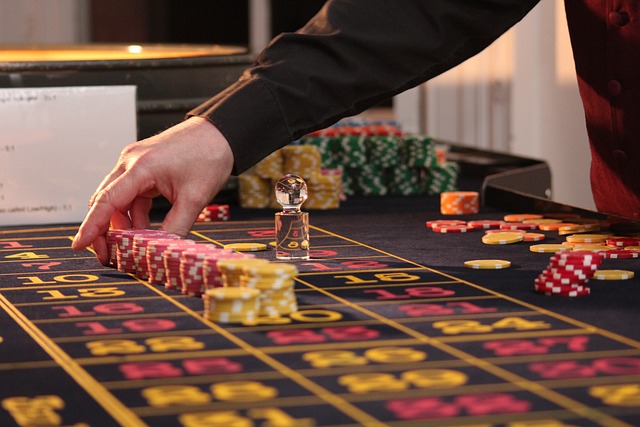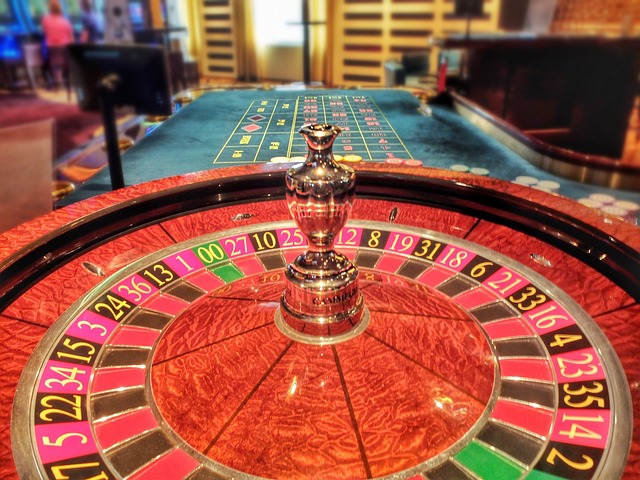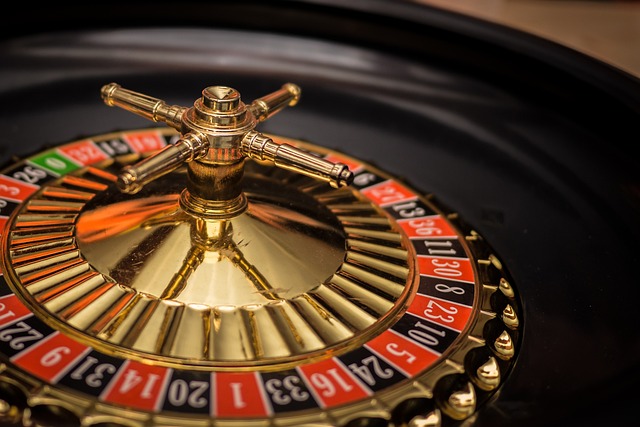Avoiding gambling addiction is a topic of great importance and affects many people in different situations. Gambling can be a harmless pastime, but it also carries the risk of slipping into an addiction that can have serious personal, social and financial consequences. This article aims to provide a deep understanding of the complexities of gambling addiction by providing comprehensive advice on recognition, prevention and the support services available.
Gambling addiction is often a hidden disorder because it does not have immediately visible physical symptoms like other addictions. However, its effects are no less devastating, both for the person affected and for those around them. The addiction can manifest itself in various forms of gambling, including traditional casinos, online gambling, sports betting and lotteries. As gambling activities become more available and accepted, so does the need to increase awareness and understanding of the risks and prevention of gambling addiction.
The importance of early detection cannot be overemphasized. Early interventions can make a huge difference in the lives of those affected and help minimize the negative impact on their personal and professional lives. This article provides concrete steps and strategies that can help both individuals and communities recognize and respond appropriately to the signs of a developing gambling addiction.
Detecting gambling addiction

Early Signs: Early detection of gambling addiction is crucial for early intervention. Signs include:
- Increasing time and money spent on gambling
- Concealing gambling behavior
- Playing as an escape from problems
- Loss of control over gaming behavior
Risk Factors: Certain factors increase the risk of gambling addiction, including:
- Personal or family history of addictive behavior
- Susceptibility to stress and mental health problems
- Social pressure or influence from friends playing
Prevention of gambling addiction
Awareness and Education: Educating yourself about the risks of gambling is an essential step towards prevention. This includes:
- Understanding the probabilities and risk of losses
- Knowledge of the signs of addiction development
- Educational programs in schools and communities
Healthy alternatives: It is important to find healthy alternatives to gambling, such as:
- Sports and hobbies
- Participation in social activities
- Developing new skills or hobbies
Personal Strategies: Individual strategies for avoiding gambling addiction may include:
- Setting budget limits for gaming
- Regular self-assessment of gaming behavior
- Awareness of triggers and avoidance of risky situations
Offers of help and support

Advice centers: There are numerous advice centers and support services that offer support for gambling addiction, including:
- Telephone advice services and online support
- Group therapy and support groups
- Professional individual therapy
Self-help tools and resources: Various tools and resources can help manage gambling addiction:
- Apps and online tools to monitor and control gaming behavior
- Information materials and self-help guides
- Online forums and communities for mutual support
Self-restriction and self-ban: Many gambling operators offer self-restriction and self-ban options that allow players to:
- Set a limit for deposits and playing time
- To temporarily or permanently exclude yourself from gambling platforms
Avoiding gambling addiction requires a comprehensive understanding of the risks and signs, as well as a proactive approach to prevention and treatment. Through education, self-awareness, and utilization of available supports and tools, individuals can take effective steps to avoid or overcome gambling addiction. It’s important to remember that help is available and that the road to recovery begins with the first step of seeking support.
